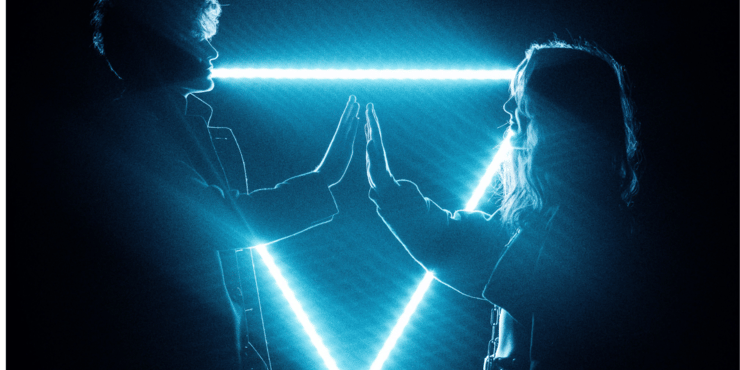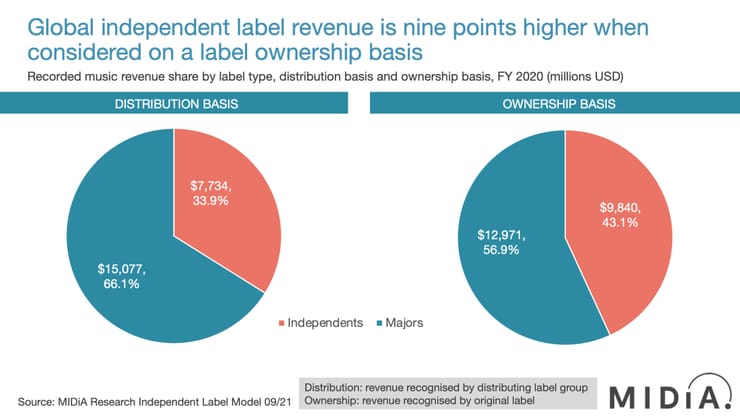Hi,
this week's edition of the "MusicTech Rewinder" comes with a little delay. I caught a nasty cold last Thursday which made me unable to send it out in time on Friday. So here it is now.
Professor Nina Kraus’s Auditory Neuroscience Laboratory, at Northwestern University, is understanding how everyday sounds shape our brain. By conducting studies involving thousands of participants from ages 0 to 90, her team has found that the sonic environments we live in alter the biological infrastructure of our auditory systems, be it in favorable ways or unfavorable ones. Read an interview with Nina Kraus here.
Those who know me or have been a regular reader of this newsletter know that I have a big nostalgia for cassette tapes. :) I grew up with cassette tapes as the main medium for music and I still believe that it had the biggest influence on music and its ecosystem after the invention of mp3. Cassettes fundamentally changed how we communicate, in ways we’re still making sense of today. I recommend listening to this episode of "On the Media" to hear how the cassette tape fueled the Iranian revolution, helped pierce the Iron Curtain, and put human connection in the palm of our hands. changed the world
If you are still looking for a Christmas present for a kid (although they are also fun for grown-ups), here is a list of kids music toys.
Please enjoy reading the latest music tech news and have a wonderful Sunday.
Cheers,
Matt

'Fortnite' concerts, TikTok routines, virtual merch — video games are influencing the world of music more than ever. But is that really a good thing for fans?

Royal hopes to upend the traditional relationship between music labels and artists. Casey Newton speaks to Royal’s Justin Blau and Paradigm’s Fred Ehrsam about how they sell royalties directly to fans, and what might come next.

Common issue creators excited web3 run into, is that their fanbase might not be familiar yet. There’s a feeling of needing to port folks over, to educate them, to help them get set up… This may not be necessary. There are lessons we can draw from the past.

This is a guest column by Chris Howard, CEO of The Rattle, which operates in London, Los Angeles, and New York City, and stands “as a counter-culture to the traditional music and startup industries.”

National Music Publishers' Association CEO David Israelite on what the metaverse means for music creators.

Former EMI boss says Kevin Brennan MP’s proposed copyright reforms will “obliterate” the label investment model — completemusicupdate.com
The former boss of EMI UK and former Chair of record industry trade group BPI, Tony Wadsworth, has criticized the copyright reforms set out in Kevin Brennan MP’s Copyright (Rights And Remuneration Of Musicians, etc) Bill, arguing that – although “well-intentioned” – those reforms will greatly impact on the ability of labels to invest in new talent.

In a fully tokenized future, everything is money. Is that a good thing? One of the things cryptocurrencies do extremely well – for better or worse – is ascribed monetary value to things we didn’t previously understand as being “worth money.”NFTs (non-fungible tokens), it’s often said, is a way of assigning property rights to media files. Before NFTs, if you downloaded an album as a set of MP3s and sent them to a friend, your friend would have the exact same copy of the album.

While the problems DAOs might solve are real, DAO proponents misunderstand the nature of these problems and offer a tool that creates more harm than benefit.

Music market shares: independent labels and artists are even bigger than you thought — musicindustryblog.wordpress.com
It has been a long time since the music industry has been in such good shape. So long, in fact, that there are not too many executives left who worked through the pre-crash days. 2021 was the year in which the major label groups capitalised on the momentum, with Universal and Warner going public, and…
